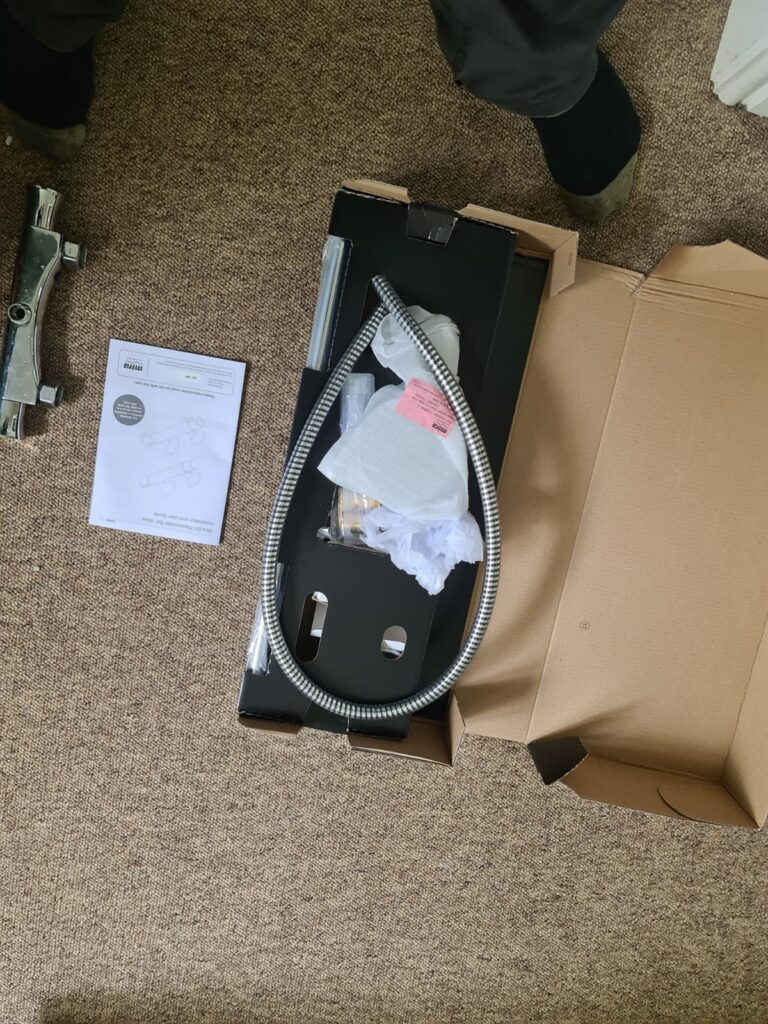Introduction
Picture this: you’re washing dishes after a delicious meal, and suddenly, the water starts to accumulate in the sink. Annoying, right? A blocked drain Portishead can throw a wrench into your daily routine, causing inconvenience and frustration. But fear not! In this comprehensive guide, we’ll dive deep into the world of drain blockages, exploring the common culprits, practical solutions, and prevention tips. So, if you’ve ever wondered, “What blocks a drain?” – you’re in the right place!

What Blocks a Drain?
Drains can become blocked for various reasons, and pinpointing the root cause is crucial for effective resolution. From hair to grease, debris tends to find its way into drains, leading to stubborn clogs. Let’s explore the factors that can lead to a blocked drain Portishead.
Common Culprits of Drain Blockages
1. Hair Havoc
Ah, hair – the silent saboteur of drains. Whether it’s during a shower or while brushing your hair over the sink, those strands can accumulate over time and create a barrier that water struggles to pass through.
2. Grease and Food Residue
Cooking up a storm in the kitchen is delightful, but grease and food residue can wreak havoc on your drains. Over time, these substances can solidify and cling to the pipe walls, causing blockages.
3. Soap Scum Buildup
Soap may keep you squeaky clean, but it can also leave behind a soapy residue that accumulates over time. Combine that with minerals in the water, and you’ve got yourself a potential blockage.
4. Foreign Objects
Sometimes, it’s not just the usual suspects causing trouble. Kids’ toys, jewelry, and even small objects can accidentally find their way into drains, leading to sudden blockages.
5. Flushing Fiasco
In the bathroom, flushing the wrong items down the toilet can lead to a drain disaster. Items like wet wipes, cotton balls, and sanitary products should never be flushed, as they can cause stubborn blockages.
Effective Solutions for Clearing Blocked Drains
1. Boiling Water
When it comes to simple clogs, sometimes all you need is a pot of boiling water. Carefully pour it down the drain in stages, allowing the hot water to break down and dislodge the blockage.
2. Baking Soda and Vinegar
A natural and eco-friendly solution, the combination of baking soda and vinegar creates a fizzy reaction that can help break down debris. Follow up with hot water to flush away the remnants.
3. Plunger Power
For more stubborn blockages, a plunger can work wonders. Ensure there’s enough water to cover the plunger, place it over the drain, and give it a few vigorous pumps to dislodge the clog.
4. Plumbing Snake
When the going gets tough, a plumbing snake (auger) comes to the rescue. Insert it into the drain and rotate to break up or retrieve the stubborn blockage.
5. Enzyme Cleaners
Enzyme-based drain cleaners Portishead are designed to eat away at organic matter, making them an effective option for clearing minor blockages and preventing future buildup.
6. Seek Professional Help
If all else fails, don’t hesitate to call in the experts. Professional plumbers have the tools and expertise to tackle even the most stubborn blockages.
Prevention Tips to Keep Drains Clear
1. Use Drain Screens
Placing drain screens or stoppers over your drains can catch hair, food particles, and other debris before they have a chance to cause blockages.
2. Regular Maintenance
Give your drains some TLC by performing regular maintenance. Flush them with hot water and vinegar or baking soda to help prevent buildup.
3. Dispose of Grease Properly
Instead of pouring grease down the drain, let it cool and dispose of it in a sealed container. This simple step can save you from a major drainage headache.
4. Mind What You Flush
Stick to flushing only toilet paper and waste down the toilet. Anything else, including “flushable” wipes, can lead to clogs.
5. Professional Inspections
Schedule periodic professional inspections to catch any potential drainage issues before they become major problems.
FAQs about Drain Blockages
Q: Can I use chemical drain cleaners?
Yes, chemical drain cleaners can be effective for minor clogs. However, they can also damage pipes over time and may not work for stubborn blockages.
Q: Are there any eco-friendly ways to unclog drains?
Absolutely! Baking soda and vinegar, as well as enzyme cleaners, are eco-friendly alternatives to chemical drain cleaners.
Q: Can hair be prevented from clogging drains?
Using a drain screen can effectively catch hair and prevent it from clogging your drains.
Q: How often should I perform drain maintenance?
It’s a good idea to perform drain maintenance every few weeks to prevent buildup.
Q: What should I do if none of the DIY methods work?
If DIY methods prove ineffective, it’s best to call a professional plumber to avoid causing further damage.
Q: Why should I avoid flushing wipes down the toilet?
Even if they’re labeled as “flushable,” wipes can still cause clogs in your plumbing due to their slower disintegration.
Conclusion
When faced with a blocked drain, it’s important to remain calm and take action using the right methods. By understanding the common culprits, employing effective solutions, and practicing preventive measures, you can keep your drains flowing smoothly and avoid unnecessary headaches. Remember, a little maintenance goes a long way in preventing those dreaded drain blockages!
